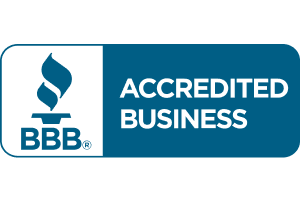Never Got a Default Letter? You Have a Defense to Foreclosure
Before your lender can foreclose on your Florida home, it must send you a warning letter.
This letter, known as a default letter or a notice of intent to accelerate, tells a borrower that the mortgage is in default. It explains how much money you must pay to bring your mortgage up to date. It also warns you that if you don’t pay within a certain amount of time, the bank may accelerate your loan and file a foreclosure case.
The default or acceleration letter requirement is part of almost every mortgage issued in Florida. If your lender has filed a foreclosure proceeding but you never received an acceleration letter, you may be able to stop or delay the foreclosure.That’s what happened in a recent Florida Court of Appeal case.
In Colon v. J.P. Morgan Chase Bank, the bank filed a lawsuit to foreclose on a mortgage. When the borrower filed his answer to the lawsuit, he claimed that the bank was required to send him a default letter before filing a foreclosure case. The borrower said he had never received this letter. Therefore, the borrower claimed, the bank was not entitled to a foreclosure judgment.
The bank then filed a motion asking the court to grant a judgment of foreclosure based on written evidence. In support of its request, the bank said it had satisfied all conditions necessary to proceed with foreclosure. The bank ignored the borrower’s claim about the default letter, and it didn’t submit a copy of a default letter to the court.
The court awarded the bank a foreclosure judgment anyway, based on its interpretation of the technicalities of legal pleadings. The borrower appealed the judgment and scored a victory when the Court of Appeal overturned the foreclosure.
The appeals court said that in order to get a foreclosure judgment, the bank needed to respond to the defenses raised by the borrower. That meant that the bank had to show that it had sent the borrower a default letter. Since the bank never produced a letter, it was not entitled to a foreclosure judgment.
If you are behind in your mortgage payments, pay attention to any notices you receive from your lender. The lender is almost certainly required to send a default or acceleration letter before foreclosing, and lenders are also required to include certain information in that letter.
If you do end up in foreclosure, the letter – or the fact that you didn’t receive one – may help you defend yourself in court.






